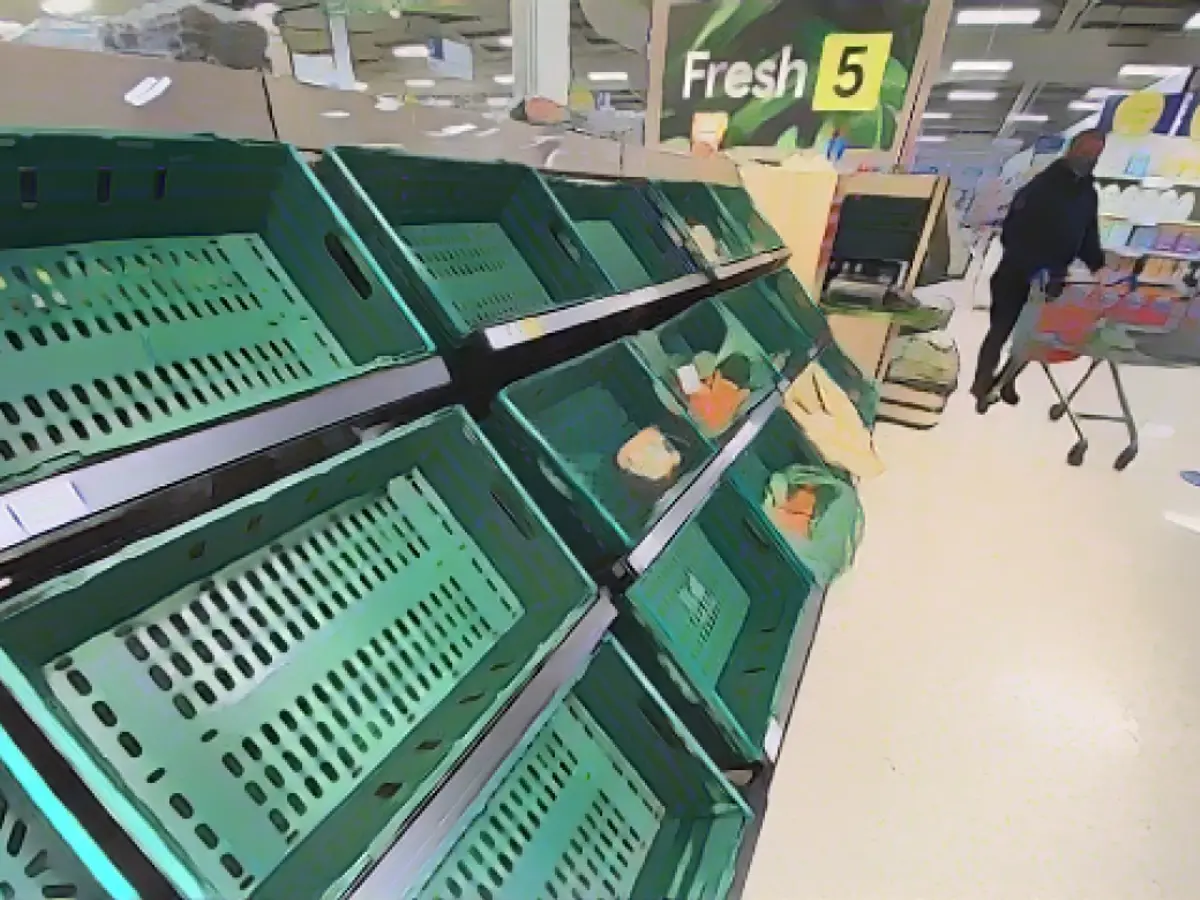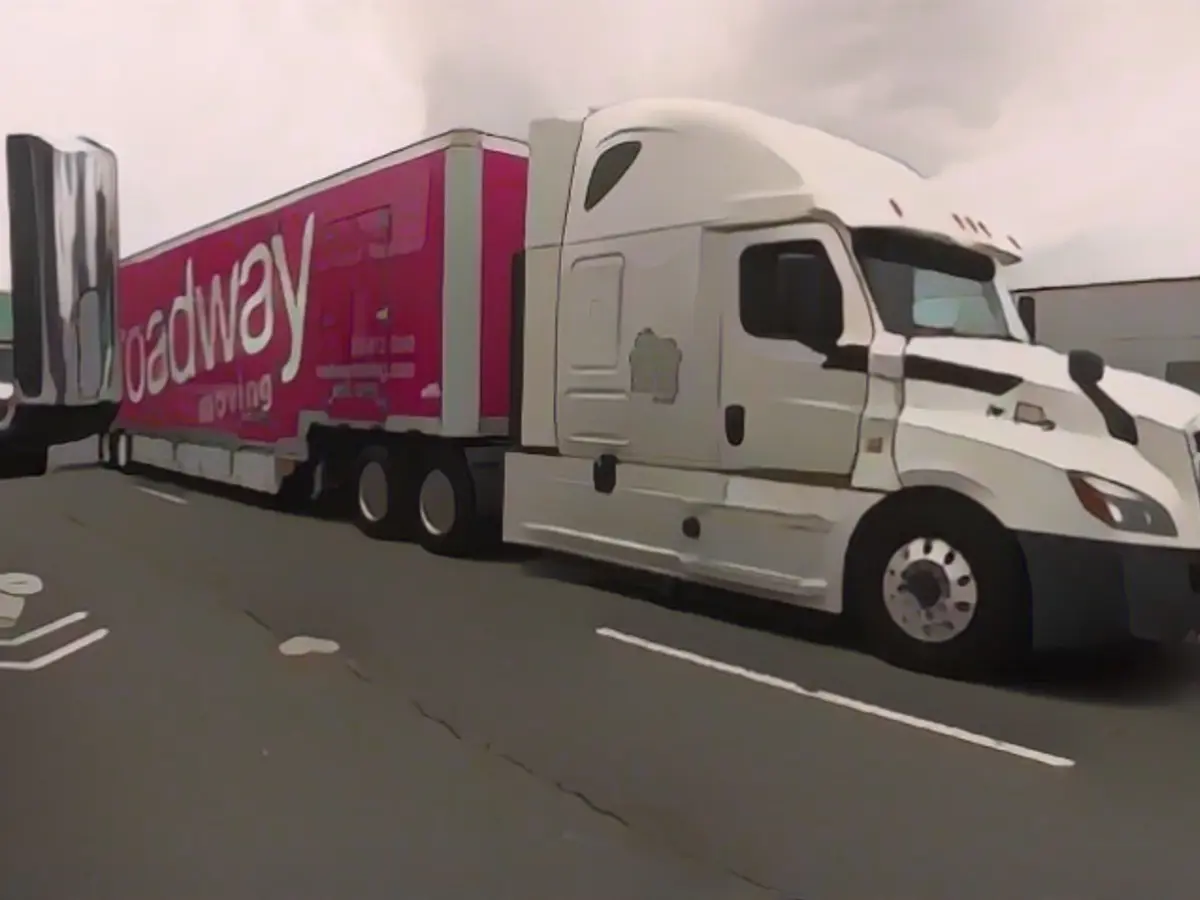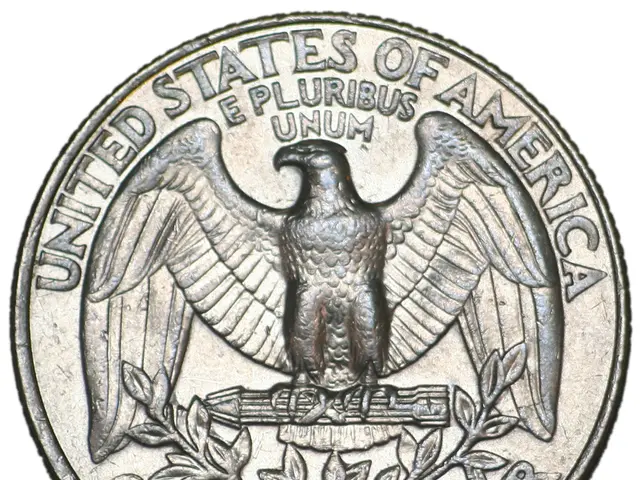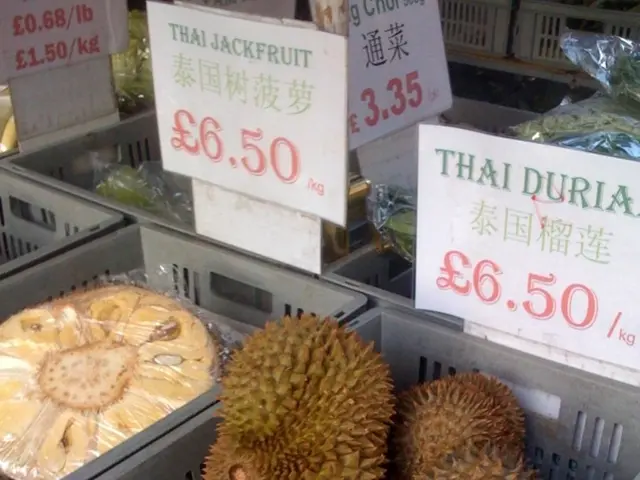Brexit's harsh reality hits the UK: No one's winning except Boris Johnson
Iain Brown, Vice President of East of Scotland Growers (ESG), knows firsthand the toll Brexit has taken on the UK's food production. "We've run out of space in our cold storage facilities to store our produce, so we end up throwing away a week's worth of produce—costing us around a million pounds (1.4 million US dollars)," he explained.
The lack of European laborers, exacerbated by the Brexit, is causing major issues for farming and food distribution. During the pandemic, many countries face food shortages. But Brown believes this British-exclusive problem is making an already tough situation worse.
Brown pointed to two key issues affecting crop production: hiring seasonal workers and transporting the produce to supermarkets. The lack of LGV drivers to transport fresh produce like broccoli and shipments to and from the freezers caused ESG-Coop to throw away a week's worth of crops, costing the cooperative millions.
Additionally, ESG is facing a shortage of Eastern European seasonal workers, who traditionally come to the UK to harvest crops for several months. Brown explained, "Some people haven't come because COVID-19 regulations were too strict, others haven't come, and some have left early after making a good profit. This means we've lost around 10-15% of our harvest, costing us around 200,000 pounds (277,000 USD)."
Brexit's impact seems to finally be making waves in the UK. Brown described these European labor shortages as far from the "sunny uplands" promised by Prime Minister Boris Johnson's government. Instead, these labor shortages mean financial losses for businesses and empty shelves heading into the Christmas season.
The driver shortage is likely to be the most pressing issue.
A UK Logistics spokesperson said that the current driver shortage is estimated to be around 90,000 to 120,000 drivers. Albeit not solely caused by Brexit, the fact that European drivers are now less accessible in the UK is causing a headache for the industry.

These workers cannot be replaced easily by British laborers. According to UK Logistics, it takes as long as nine months to qualify as a driver and costs around 5,000 pounds (6,940 USD). Add to that the fact that many Brits are unwilling to take on these jobs, and you get a recipe for a labor shortage.
"British laborers are aging and the working conditions for LGV drivers — unsafe parking spots or rest areas — are often not attractive to young people," a UK Logistics spokesperson told CNN Business.
As a result, companies are facing a difficult decision: which goods to prioritize? If there's only one LGV leaving the warehouse per day, they might choose to prioritize perishable goods over non-perishable ones, like water bottles. This could lead to a reduced selection for consumers and ’panic buying’ like we saw in 2020 when a shortage of toilet paper in the UK made news.
Executives of the UK's largest supermarkets have described the food shortages as "unprecedented" and pledged that "their values are higher than anything they've ever seen". While it's all "serious", they also warned that shelves could be empty this Christmas due to the driver shortage.
The Brexit appears to be finally having a tangible impact on the UK. The labor shortage in critical sectors is far from the sunny uplands promised by Boris Johnson's government, causing financial losses for businesses and empty shelves just before Christmas.
Enrichment
Brexit has had a complex impact on food distribution and availability in UK supermarkets, with both positive and negative effects observed over the past five years. Negative impacts include border delays and inspections, trade disruptions, and food security concerns.
One negative impact is the potential for diseased meat and foodborne diseases. Some studies have shown a drop in imports by 30%, although others indicate only a 6% decrease. The Resolution Foundation reported that the services sector in the food industry has grown by 14%, despite these challenges.
UK retailers have generally accepted the impacts of Brexit and adapted their strategies, focusing on long-term solutions to maintain market share. The UK government has also implemented initiatives to address these challenges, aiming to improve border checks and simplify trade processes with the EU.








